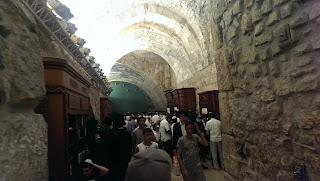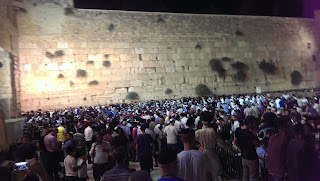How Were You Brave?
Parenting is often like looking into a large magnifying mirror of all your most difficult qualities. I have been struggling with this recently as I watch my oldest navigate his first year in elementary school. He is a lot like I am. Strong, independent, empathetic, head strong, willful, somewhat rigid, and definitely cautious. This caution has been causing me pause lately. In both my son and myself, but I will get back there.
Some time ago I read a blog entitled, something along the lines of "Three Questions I ask my kids every week." I loved it. Our kids are finally old enough that on a VERY basic level they can all participate in this activity. At our Shabbat table every week EVERYONE answers: How were you kind?- How were you brave?- How did you fail? It has been a great experience so far. The kids love pointing out the kind and brave things they do during the week while they are doing them and say "now I have my something brave for Shabbat" and our oldest has even started pointing out the ways in which he fails (the original goal of this activity), sometimes they are things that started off as brave things- sometimes the admission of failure alone is the brave part. Adam and I also participate and say our something kind, something brave and our failures. It's been eye opening for me. I feel that I often struggle to find something brave and outside of arguing with the kids or Adam, or just not finding enough hours in the day failure isn't something that happens frequently either.
This revelation is not meant to brag, in fact quite the opposite. The lack of instances where I can see myself being brave and therefore failing is due to my cautious nature. If I am unsure of something, if I am afraid I will be not good enough, if I am afraid of being embarrassed, if I am afraid of failure- I just don't do it. Pass. I see this trait magnified in my son. And it drives me crazy.
So, I've made a decision. Every week I will make sure I have something for brave and failure. I will lead by example and show him that its OK to fail. Its OK to try new things and not be good at them at first. It's OK to try something new or different or do something you aren't great at and look a little silly. People might laugh, you might feel embarrassed, but you can't be great at everything and THAT is OK.
This week my brave thing is that I decided to answer my phone when it rings. It's OK if I won't understand everything. It's OK if they won't understand me. And, it's OK if I might say something stupid. I'm brave. I will fail. And that is OK.
.png)












